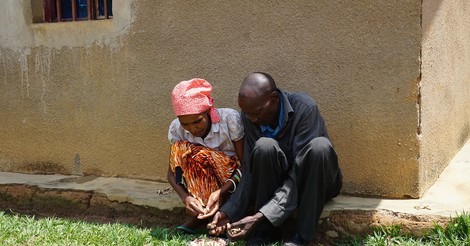Your podcast discovery platform
Curious minds select the most fascinating podcasts from around the world. Discover hand-piqd audio recommendations on your favorite topics.

piqer for: Global finds Doing Good
Graduating from 3A School of Business and Development, Nina was first involved professionally in humanitarian work as a trainer and manager in France and abroad. Her research in the field questioning engagement and altruism conducted her to work as an editor, writing articles. From 2011 to 2015, she worked in Russia as the web chief editor of a French newspaper. She’s now based in France and works as a freelancer on several projects, including writing, and trainings on Solutions journalism or Media decoding. She’s representing the Solutions Journalism Network in Europe since October 2016, which conducted her to train journalists in Denmark, Moldova, Poland, France, and Belgium, and give presentations to several newsrooms.
How Is Rwanda Doing On The Path Of Reconciliation?
How is it possible that a Rwandan mother asks the ex-prosecutor of her own family to look after her children when she's away ?
What did it take to achieve this? Reconciliation is not data, it is barely possible to measure. However, Rwanda is often presented as a model of reconstruction, resilience and forgiveness. How could this happen, after nearly one million of Rwandan people died in the Genocide that took place in 2014?
"Umaganda" is the name of compulsory work, emblematic of a broader culture of reconciliation, development and social control asserted by the government. This program, explains president Paul Kagame in this article, is about "the culture of working together and helping each other to build this country.”
Because rebuilding a nation requires everyone to help. And Rwanda seems to be succeeding.
